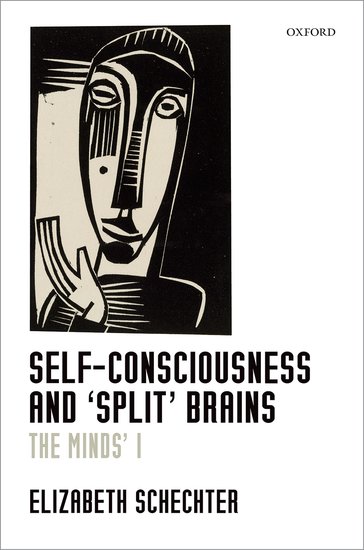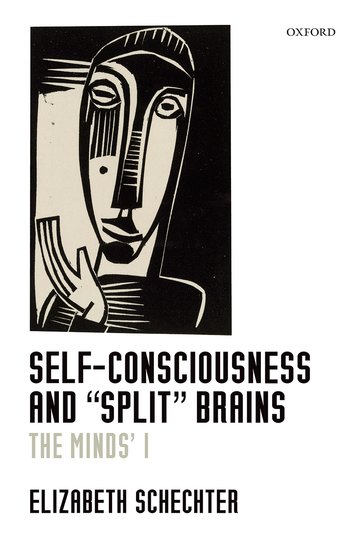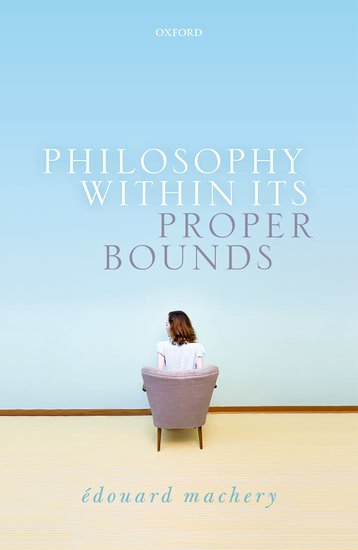We are grateful to Elizabeth Schechter for blogging this week on Self-Consciousness and ‘Split’ Brains (Oxford, 2018). To view all her posts on a single page, please click here.
Self-Consciousness and “Split” Brains: The Capacity for Self-Distinction
Split-brain subjects talk about themselves using the first-person, singular, pronoun. Of course, by hypothesis, it’s always just one of two split-brain thinkers doing the talking. (In some subjects, R seems to have learned to speak a bit, but never in whole sentences.) Still, this thinker and speaker—L—consistently uses the first-person …



